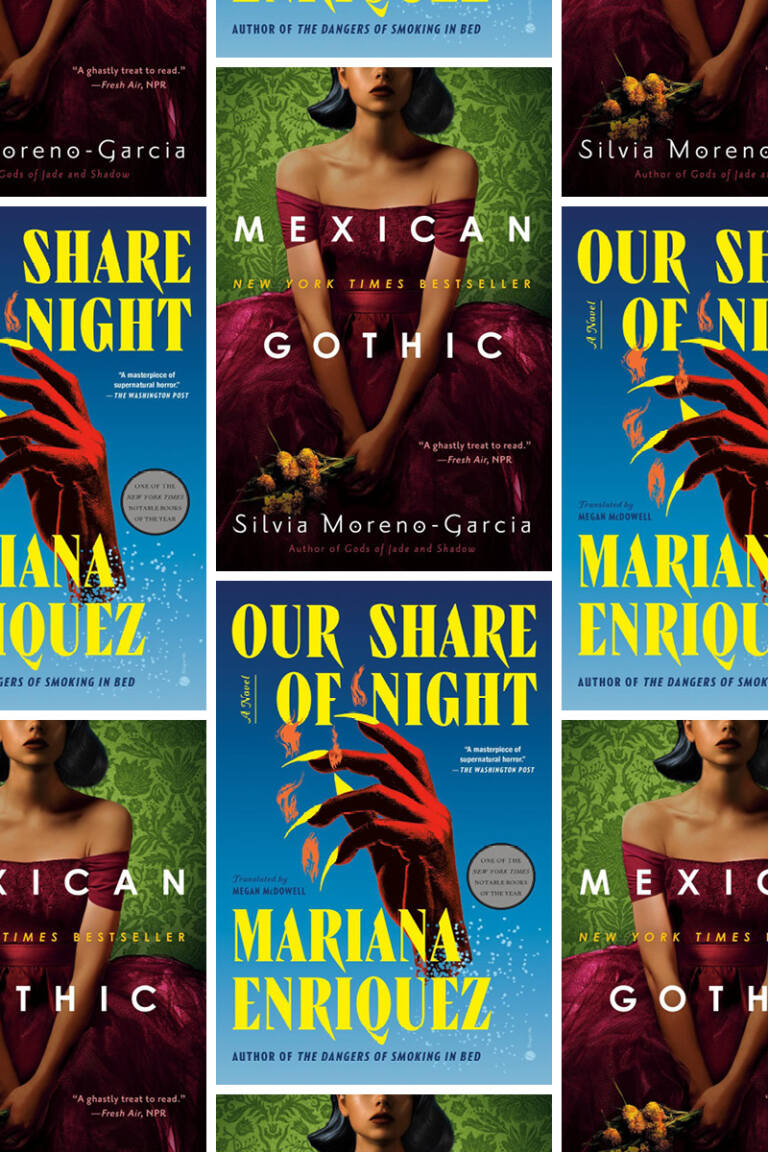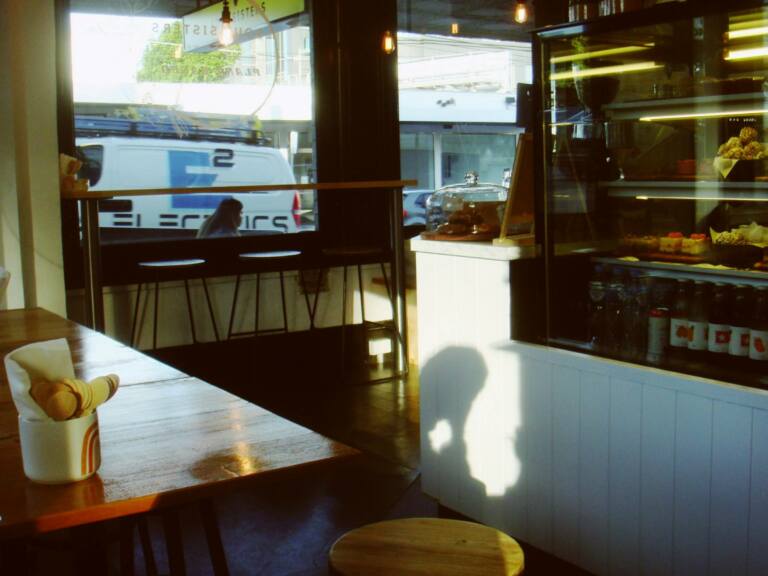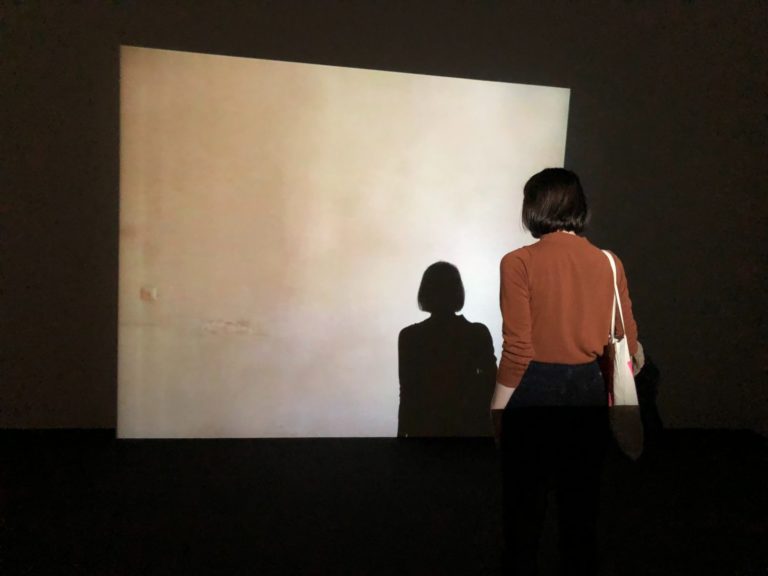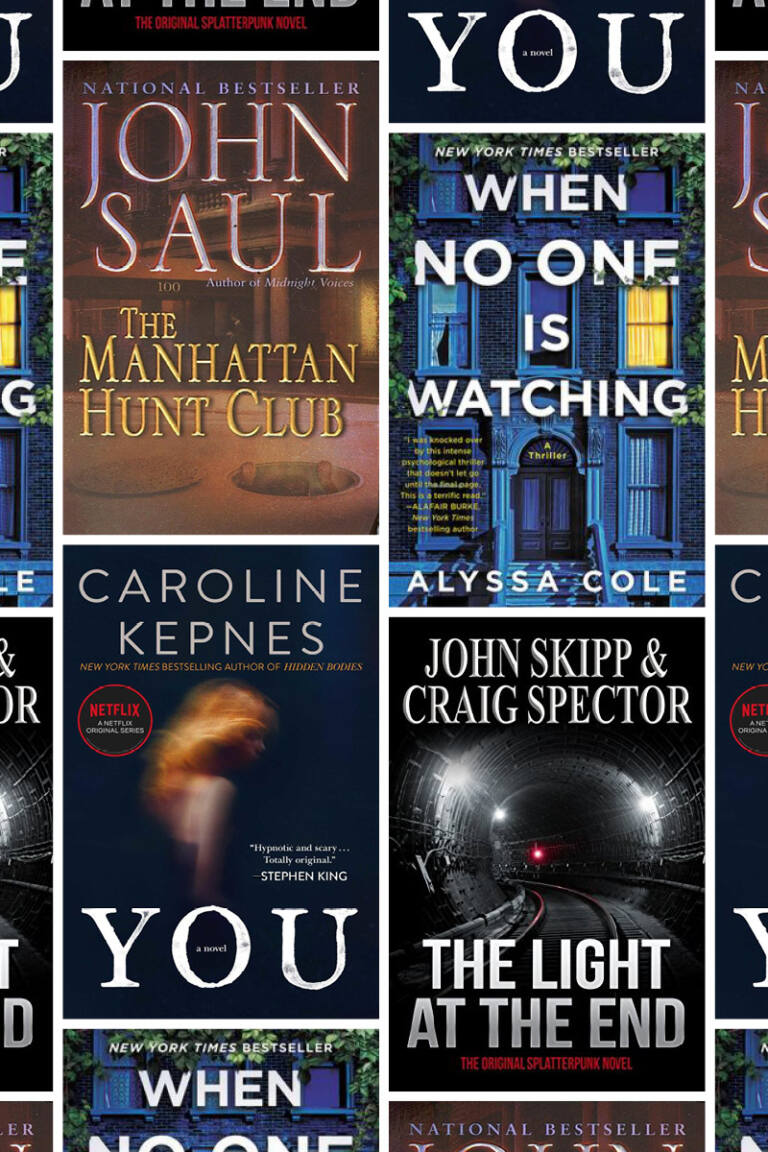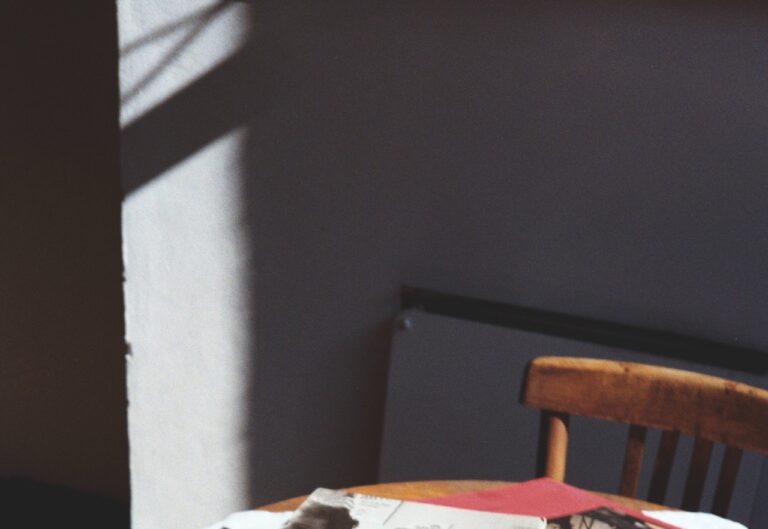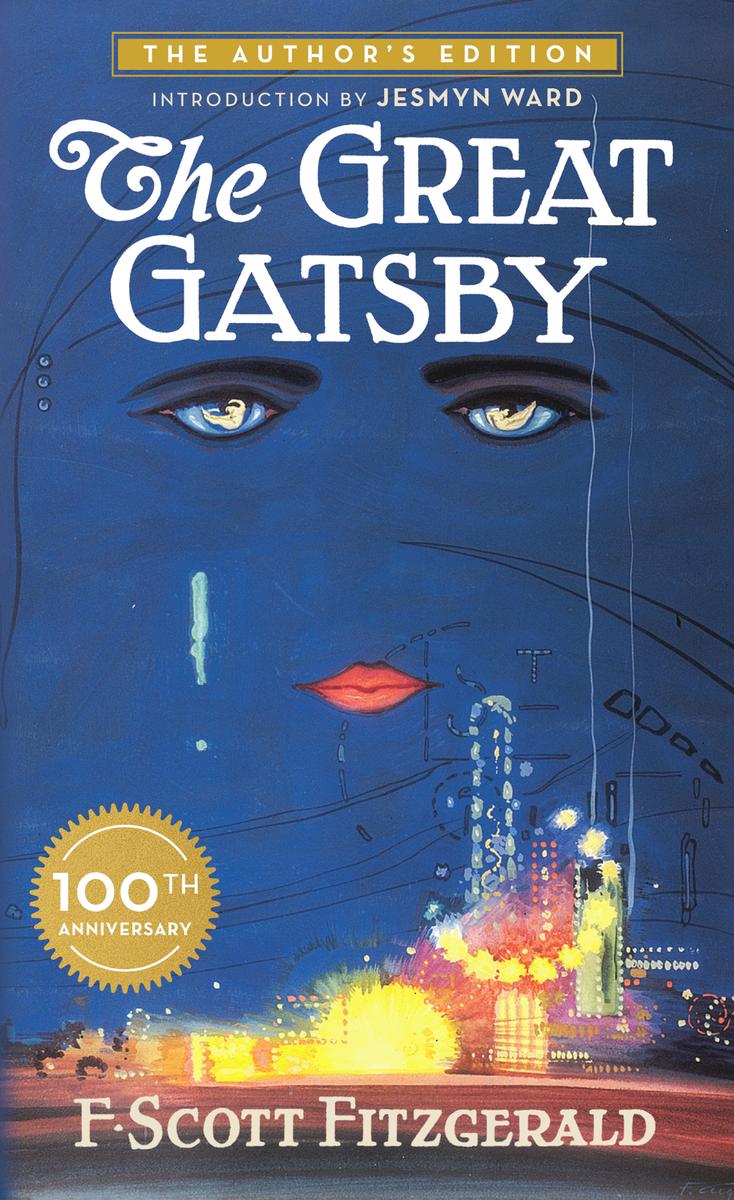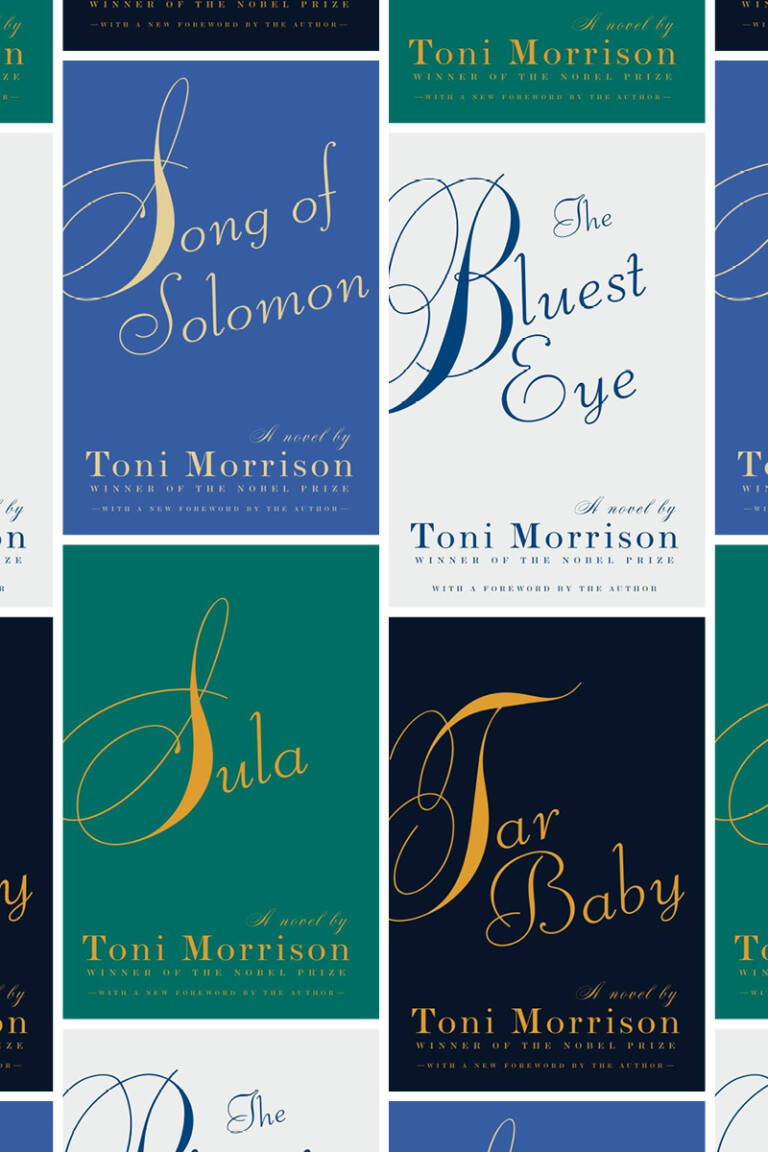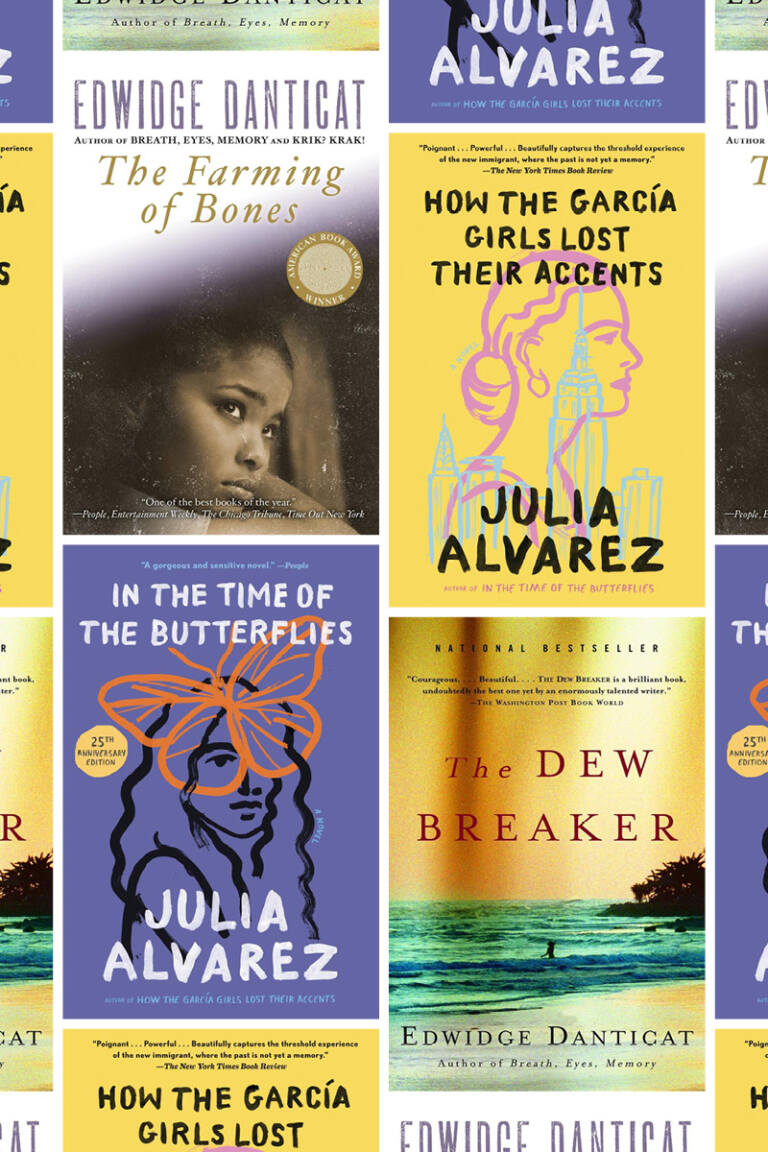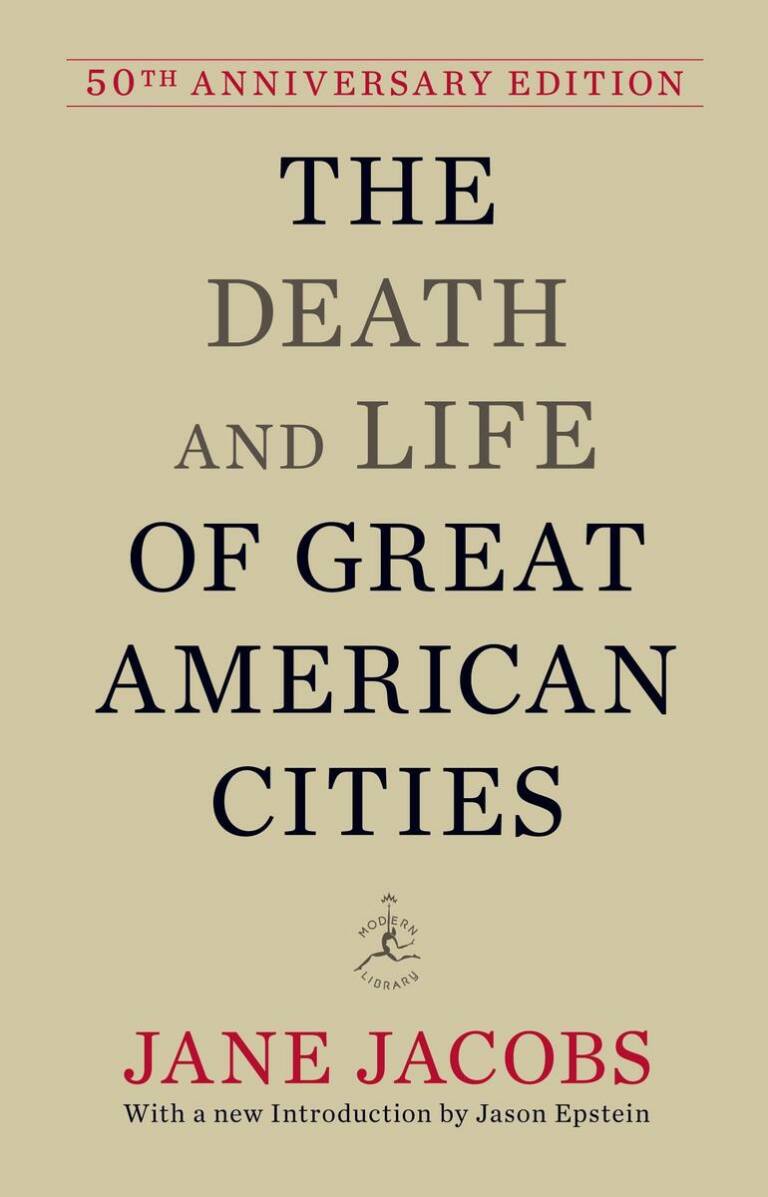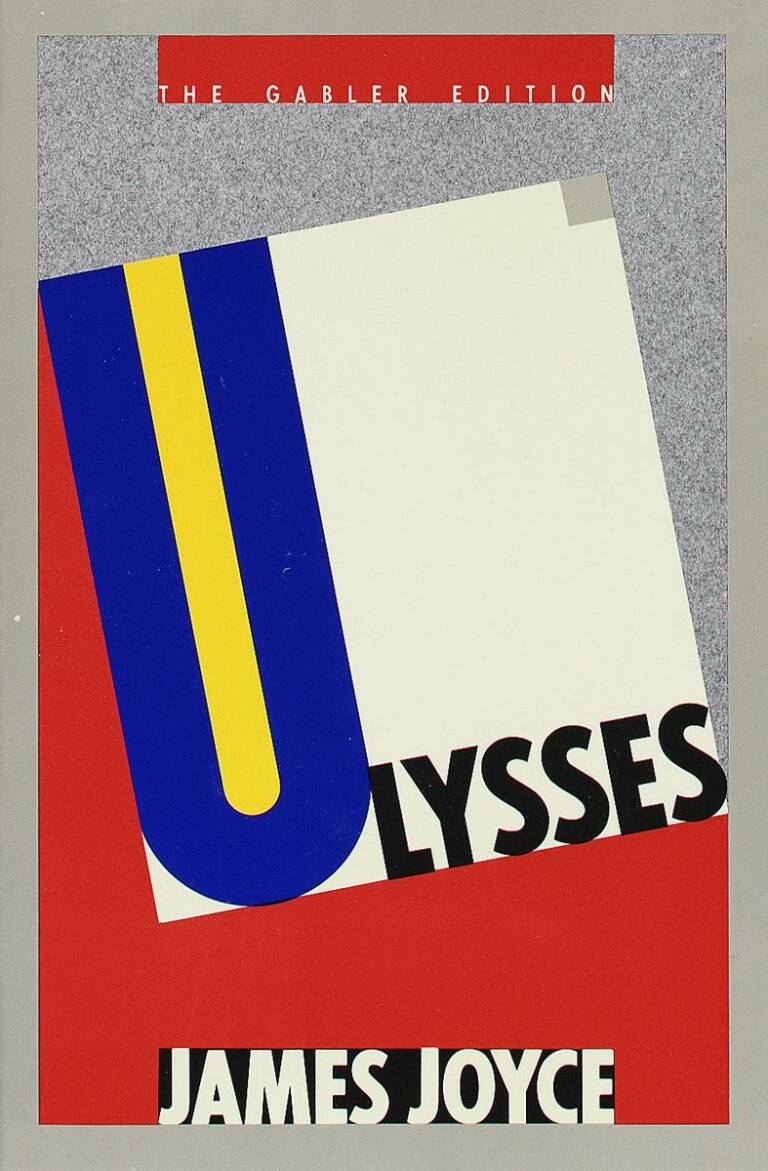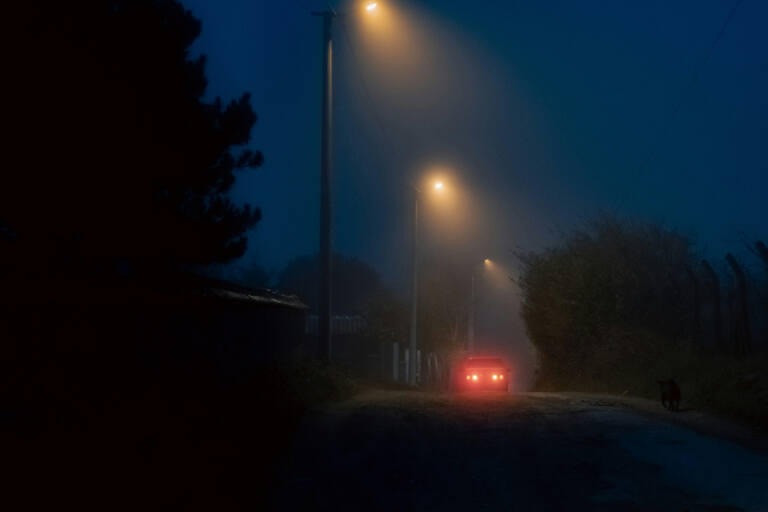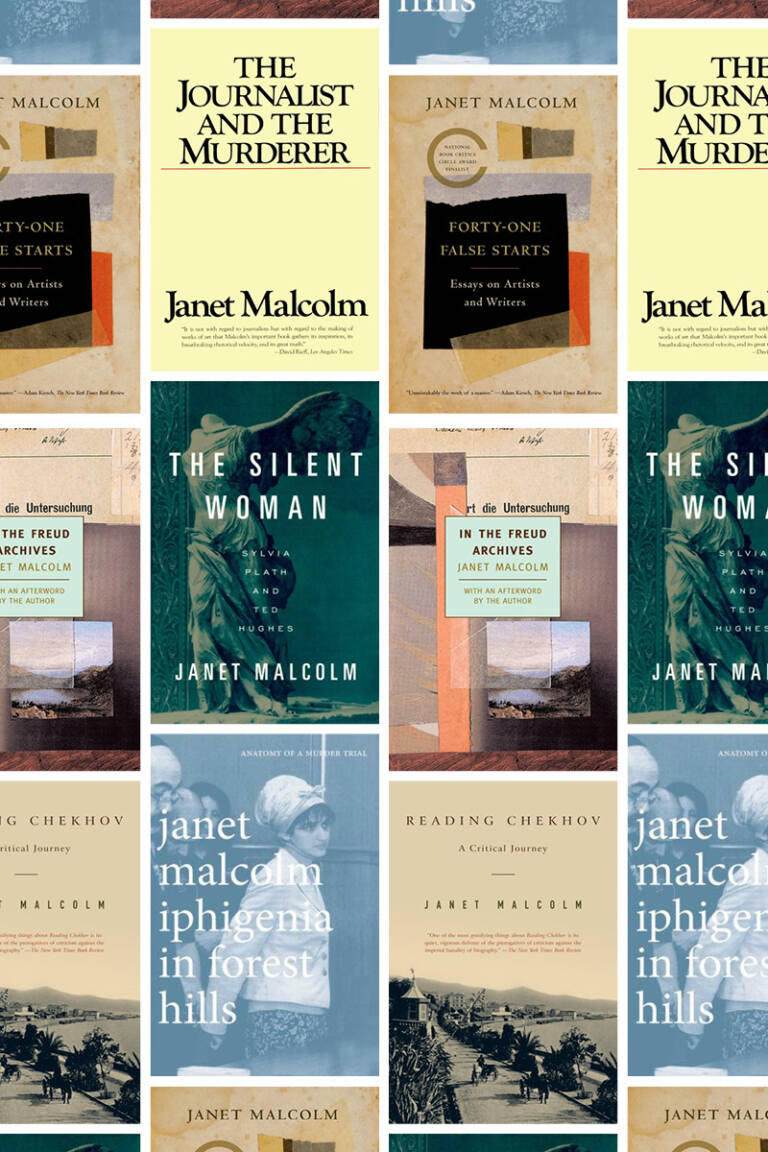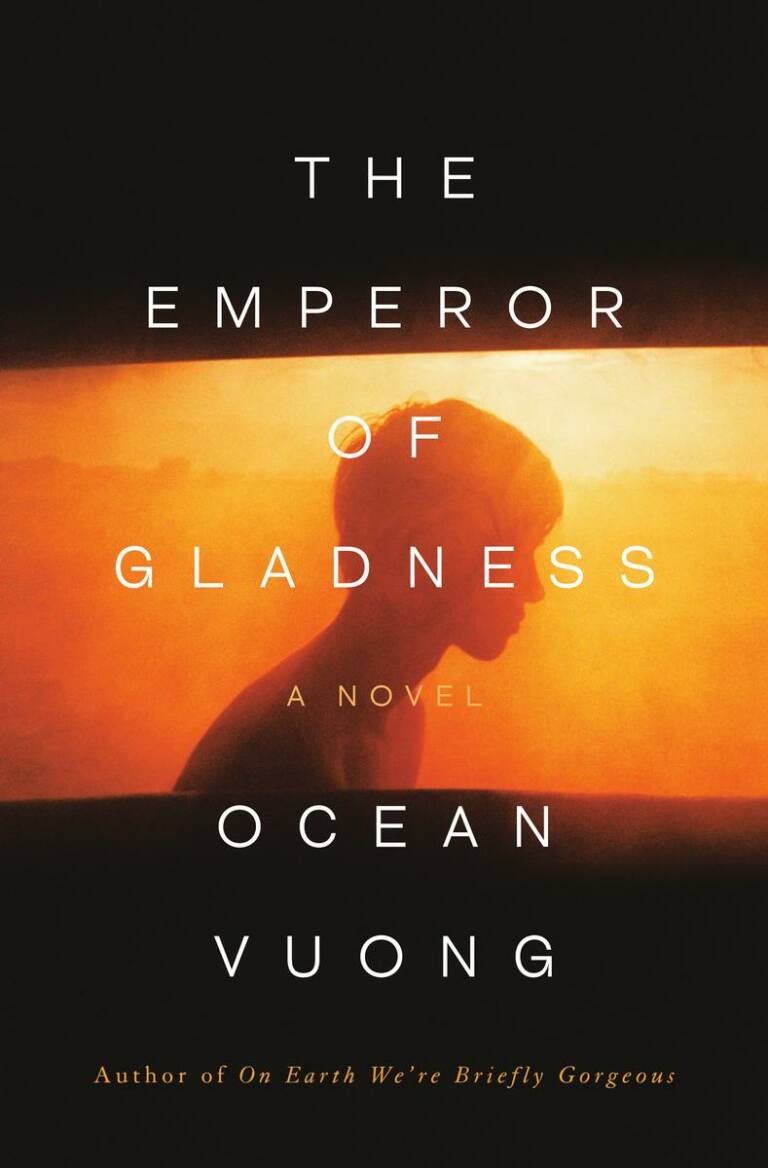$345
4 sessions
In stock
Once a week Saturdays, 12:00 pm EDT - 2:00 pm EDT October 4 to October 25, 2025
The Center for Fiction
In writing what we know, we often leave the most intimate, vital, and familiar details unspoken and unavailable to an outside audience. In this generative creative writing workshop, participants will confront and unpack familiar ideas so that they might be rarified and rendered accessible to a reader who has never arrived at the location, feeling, moment, or doorstep being detailed.
We will work to craft fiction that not only shows the view, but sees the eyes themselves that know it, that call it home. Wending through a variety of prose forms and tones, each week will offer readings and prompts that show intimacy lit up with individuality and detail. We will work on attention itself and hone in on each writer’s blind spots and talents to create work and feedback that can be used well beyond the bounds of these four weeks alone. Writers of all experience levels are welcome; all texts will be provided by the instructor.
Course Outline:
- Week 1: Re:Wilding
- Read “Pastoralia” by George Saunders and “Gator Butchering for Beginners” by Kristen Arnett.
- We enter these stories with histories already in motion and couched inside of other frames: exhibits and alligators. How do these frames create a landscape of already-existing intimacy? Write a 500-word story inspired by our readings. This can be self-contained or the start to a longer work. Show us a place or person you know set against a bizarre backdrop or tucked into an external process. A divorce detailed during a brunch rush? A mother-daughter conflict explored through dog adoption? Consider how your frame can allow you to weave, rather than gush all at once, the relationship depicted.
- Week 2: The Standstill
- Read On the Calculation of Volume (Book I) by Solvej Balle. (This is the only text that will not be provided by the instructor.)
- We see the ordinary movements of everyday life given new gravity and fear within an untrustworthy world. How does the disruption of home change people? Write a 750-word story in which one character knows another so well that their knowledge becomes a problem, not an asset. How can familiarity lead us to suspicion, tension, conflict, or separation rather than proximity? What does unequal knowing do to a sense of home and belonging?
- Week 3: Between Screens
- Read “The Body is Not a Natural Home” by Chaya Bhuvaneswar.
- Unbelonging is declared, but also scaffolded into this story. The predicted becomes the actual through the building of barriers and secrets. Still, even in nocturnal, undisclosed, unwell, and hidden movements, our narrator can’t help but stumble into a kind of tenderness and a kind of mastery of the world(s) he swears off. Write a 500-1,000-word story about a character reviling, departing, or intentionally leaving some aspect of home. What drives them away? What behavior, knowledge, habit, or gesture still shows that they are still inevitably “of” what they seek to escape?
- Week 4: What’s Left Behind When You Leave
- Read “Frank Stanford Of the Mulberry Family: An Arkansas Epilogue” by C.D. Wright. (Content Warning: mentions of suicide.)
- When both place and time are disrupted by a choice in the very form of prose, what home can stand? What does the vignette form offer this complex piece? How does intentional occlusion and exposure let us see these two poets in their affair before one of them dies?
- Write a short story of about 1,000 words defamiliarizing home. Render strange the most personal. Let a visual motif guide you over a narrative pressure to move forward. Consider writing a scene, and then replacing it with iconography, as we see botany used in this week’s reading.
This course will be held in person at The Center for Fiction.
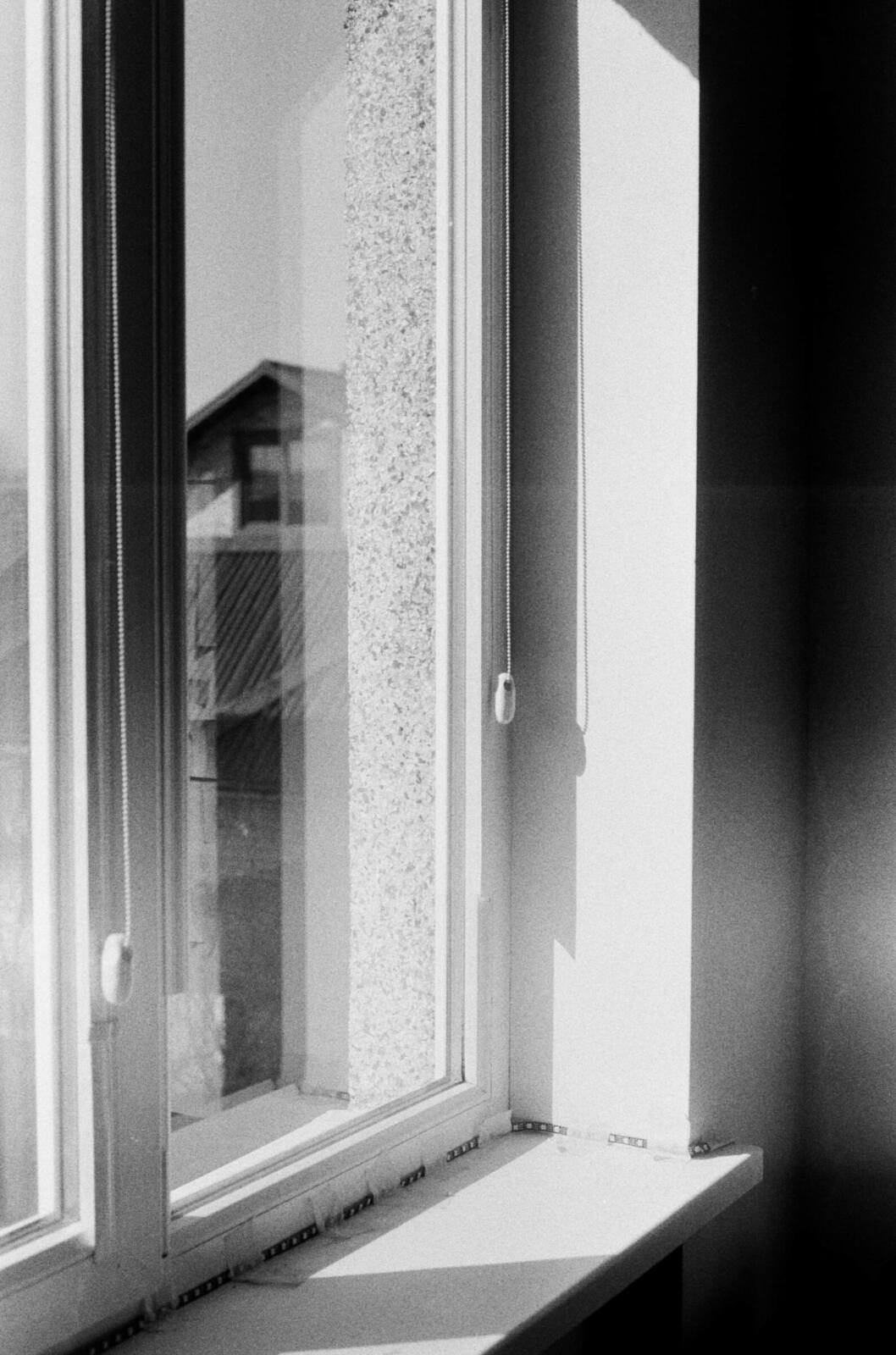
Led by
-
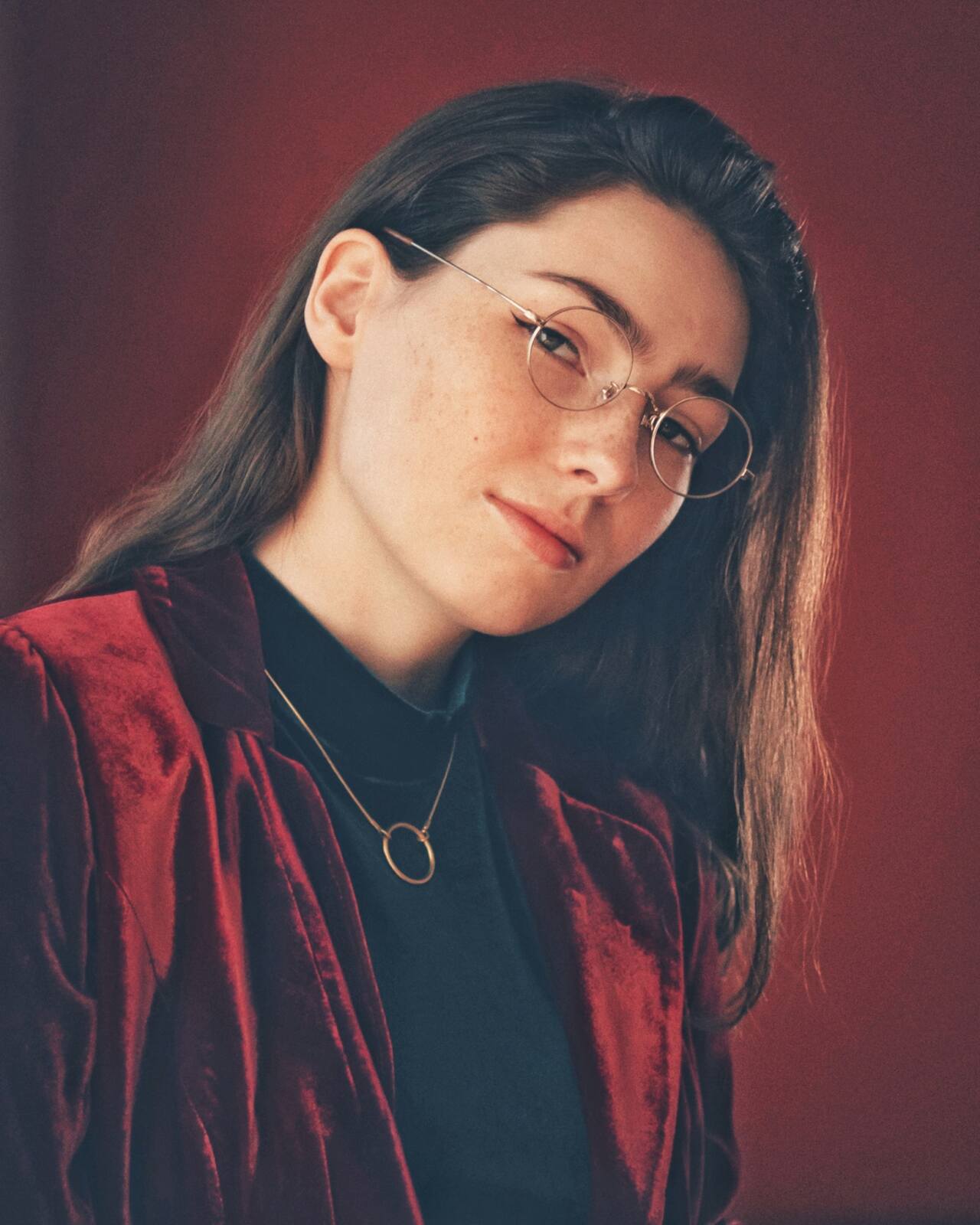
Claire Oleson
Claire Oleson
Claire Oleson is a queer writer and a 2020 alumna of The Center for Fiction / Susan Kamil Emerging Writer Fellowship. She is an Assistant Editor at the Kenyon Review. Her work has been published by Joyland, the LA Review of Books, the Kenyon Review, and Brink, among other journals. She has written and taught creative writing workshops for the University of Pennsylvania and Cleaver magazine. Her chapbook of short stories, Things from the Creek Bed We Could Have Been debuted in May 2020 from Newfound Press. She is represented by Eloy Bleifuss at Neon Literary.
About this series
Writing Workshops
We strive to make our classes the most inviting and rewarding available, offering an intimate environment to study with award-winning, world-class writers. Each class is specially designed by the instructor, so whether you’re a fledgling writer or an MFA graduate polishing your novel, you’ll find a perfect fit here.



